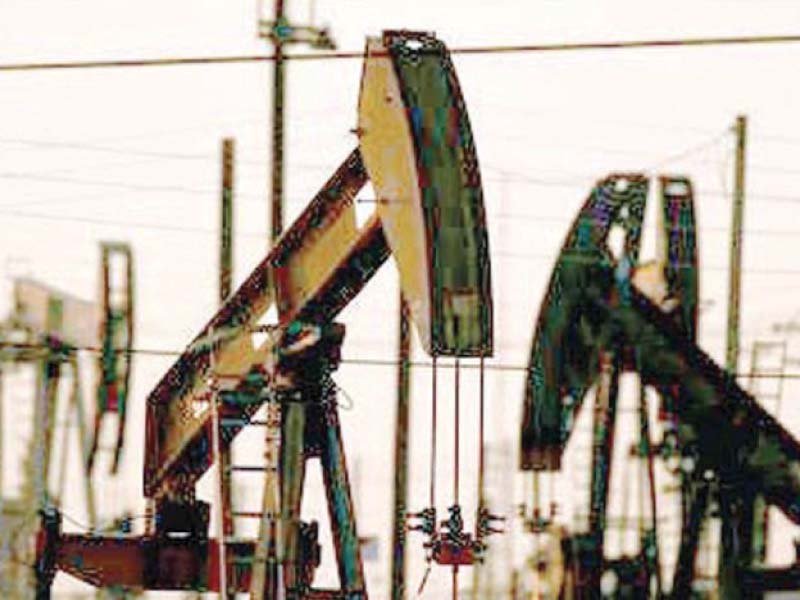-

-
-
Loading

Loading


The All Pakistan Petroleum Dealers Association (PPDA) on Sunday rejected the government's decision to deregulate oil prices, warning of a countrywide strike if the move was not reversed.
The association cautioned that deregulating oil pricing would allow a foreign company to dominate the country's energy sector, describing the decision as economic suicide.
Hassan Shah, the association's spokesperson, criticized the move, stating that granting a powerful Saudi oil company complete control over Pakistan's fragile oil market — without consulting stakeholders — was not in the country's best interests.
He warned that deregulation would disrupt the entire supply chain, leading to a monopoly in the oil market. Pakistani refineries, he added, would be forced to shut down as they lack the financial capacity to compete with multinational corporations.
Shah stressed that eliminating competition and handing full control to a single foreign company would be a serious strategic mistake.
He highlighted that Pakistan's fuel reserves typically last no more than 15 days. In contrast, free-market principles work in countries that maintain months-long oil stockpiles to ensure supply chain stability.
The deregulation of lubricants and HOBC (high-octane blending component), he noted, has not benefited consumers and has instead created a cartel-like oligopoly. Moreover, he criticized the Competition Commission of Pakistan (CCP) for failing to ensure transparency in the system, unlike regulatory bodies in Western nations. As a result, he warned, consumers would end up paying higher prices rather than benefiting from market liberalization.
Shah further cautioned that deregulation would fuel inflation, weaken the exchange rate, and inflict lasting damage on an already struggling economy. Given the unpredictability of Pakistan's oil market, he argued, no single entity should have full authority over fuel pricing, as it could trigger a financial disaster.
He urged the Defence Ministry to assess the strategic implications of the decision, while calling on the government and the central bank to examine its potential impact on inflation and currency stability.
Policymakers, he asserted, should not risk the country's energy security to appease a single corporation. He warned that deregulation would lead to a steady rise in oil prices under various pretexts, harming both businesses and the public.
Shah clarified that while Western nations have successfully implemented free-market fuel pricing, they did so only after ensuring a smooth supply chain and maintaining months-long reserves.
Pakistan, on the other hand, struggles to maintain fuel stockpiles beyond 15 days, with frequent shortages and dryouts, particularly in smaller cities. He argued that only strict regulation can prevent refineries, oil marketing companies (OMCs), and fuel stations from artificially inflating prices.
Allowing consumers to be exploited, he warned, would destabilize the market and drive up costs across all sectors. Given that fuel demand is highly inelastic, deregulation would have devastating consequences.
Shah urged the government to abandon the plan, insisting that deregulating oil prices would push the country toward an economic crisis.
if you want to get more information about this news then click on below link
More Detail